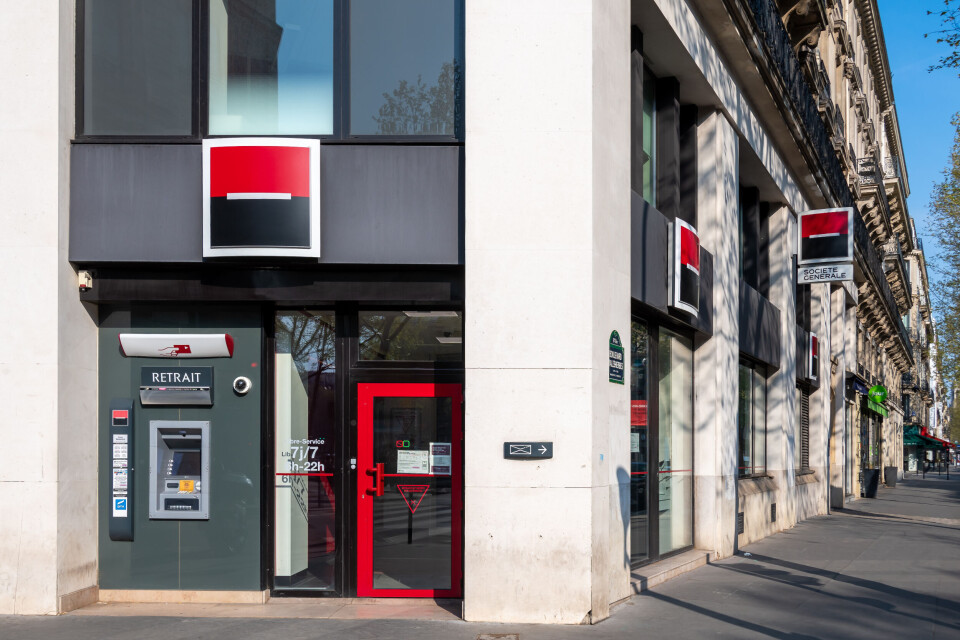-
French second-home visa issues raised in House of Lords
British people experience an "expensive and bureaucratic process" to continue living in France
-
Grand crème, café crème, au lait: how to order coffee in France?
We explain the subtle distinctions between the various terms used in cafés
-
Many Société Générale customers to be charged additional fees from April
There is some good news for international banking and instant transfers, however
What are the bank account options for non-residents in France?
UK residents still have the right to set up payments and pay bills in EU countries with a British bank account

Reader question: I live in the UK and am planning to purchase a second home in France. Can I open a French bank account?
Second-home owners in France are not strictly required to have a local bank account.
As part of the Single Euro Payments Area (SEPA) agreement, UK residents have the right to set up payments and settle utility bills in EU countries with a British account.
This was maintained after Brexit although some banks do now make charges for transfers.
However, it may be more practical to have a French account, for everything from paying your electricity bill to withdrawing cash.
While most French banks reserve their basic offers for residents, it is possible to open a compte non-résident. It may come, though, with additional complications, such as extra paperwork and higher fees.
High street banks such as HSBC, Société Générale and BNP Paribas offer this service, although they often require accounts to be opened in person, and several banks have raised the price of maintaining a non-resident account over the past year.
Read more: Updated: Britline, BNP, Banque Postale: Your feedback on French banks
If you need to open an account before your next visit to France, some banks do offer the option to do so online. That is the case of Britline, a branch of Crédit Agricole targeted at British and Irish residents and expats.
Another option is to sign up to a digital ‘neobank’ such as Revolut, as online bank accounts can often be opened from anywhere.
Finally, if your main concern is avoiding high currency conversion fees, you could opt for a multi-currency card, such as the one offered by Wise.
Related articles
Barclays closes accounts of Britons in France: what about other banks?
French banks to pay fines for late repayment of clients’ fraud losses
























